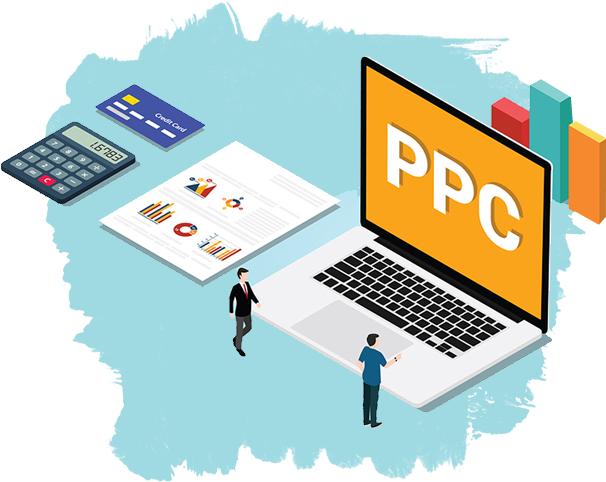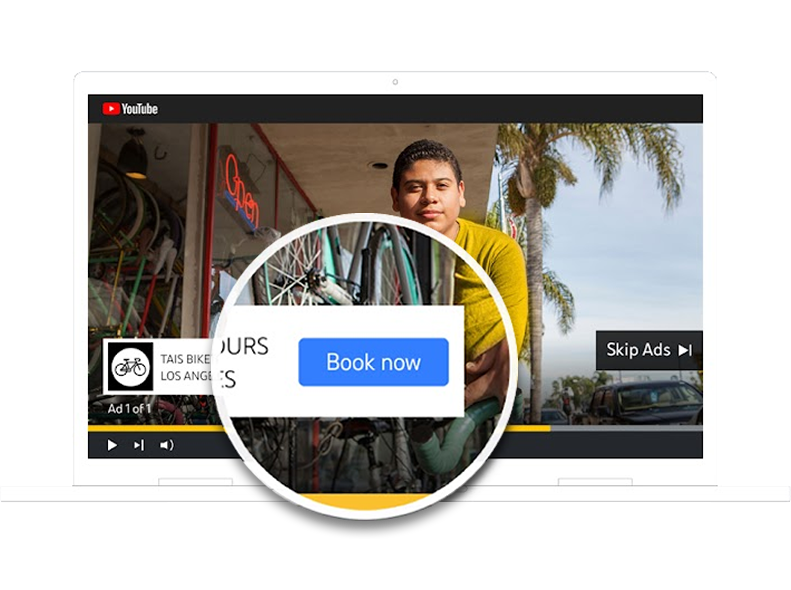Google Ads is the largest paid advertising platform in the world. It helps businesses attract the right market and increase conversions. Google Ads help companies get their website at the top of the SERP and delivers quality leads from people who are interested in buying your products or services. A successful PPC strategy is not possible without careful planning. Catalyst Perspective’s highly skilled team is well-versed in leading cost-per-click campaigns.
ADVERTISING ON GOOGLE



Pay-Per-Click Advertising

It may sound easy, many businesses fail to adapt their PPC campaigns to meet their specific business needs. Our boutqiue agency has a deep understanding of Google’s bidding process, which allows us to identify the best keywords and outperform our competitors. We can increase the Quality Score of your advertisement strategy by using data-driven research and cutting edge website optimisations. This will allow us to attract a specific audience that has a high conversion rate.
Search Ads

Google search ads are displayed on the search engine result page (SERP), above and below the results. These ads are best for customers who are interested in purchasing products right now. You can increase your conversions by using top-notch copywriting, great offers, and great copywriting.
Drive Greater Brand Awareness and New Customers
Drive Greater Brand Awareness and New Customers
Engage with people who are shopping with your competitors
Engage with people who are shopping with your competitors
Focus on driving a solid return on investment
Focus on driving a solid return on investment

Display Ads
Google display ads are available across millions of partner sites and applications on the Google Display Network like YouTube, Gmail, mobile apps and other advertisements. This campaign allows businesses to upload images and capture consumers’ attention. It can also boost brand awareness.
Video Ads

Google owns YouTube, the second most visited website online. This means that you can create targeted video ads that reach a large audience. Your business can highlight the unique features of its products and services by using video ads that appear before, during, and after content.

Type of Google Ads To Reach Your Audience
Search Ads
Attract people looking for your products. Google search ads are text based ads that you see on Google search engine results pages (SERPs). Your search ads can appear either at the top above the organic search results or at the very bottom of the page.
Display Ads
Generate brand awareness and convert. While search ads are based on text and let you target specific keywords, Display ads are image-based and allow you to target people who are likely to be interested in your products but aren’t looking for them yet.
Video Ads
Get in front of targeted audience. YouTube is actually the second most popular search engine owned by Google. Target your potential customers with video ads based on what they are watching.
Retargeting Ads
Retargeting Ads
Businesses can track past visitors by adding a Google Remarketing Tag to their website. Remarketing ads allow you to reengage people who have previously viewed your products but have not purchased. A reminder placed well will increase the likelihood of converting.
Google Shopping Ads
Google Shopping Ads
Although Google Shopping is not an e-commerce platform, it offers consumers a great way for them to find online sellers selling the products they are looking for. Targeted Google Shopping ads can be used to drive customers to your store by offering a compelling offer that encourages them to act.
Search Engine Advertising FAQs
FOLLOW US ON INSTAGRAM
@CATALYSTPERSPECTIVE
Let’s stay connected and continue growing together.



